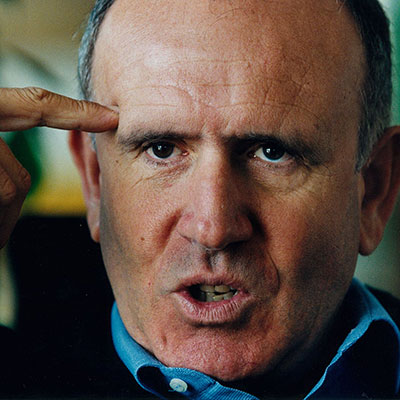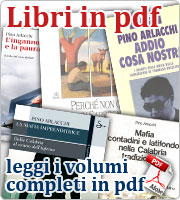Rome, June 7 (RIA Novosti) - International strategies to combat drug production in Afghanistan need complete revision, with Russia and the EU playing a decisive role, an Italian member of the European Parliament said.
Pino Arlacchi, a renowned expert on organized crime and drug trafficking, is to attend an international forum on combating Afghan drug trafficking in Moscow on Wednesday and Thursday.
"Serious reforms are needed. I found out that huge sums of money allocated to aid [Afghanistan] are lost somewhere in the process. And this is related not only with the Afghan government. In fact, only 20% of the officially allocated sums reach Afghanistan," he said.
"The entire system should be changed. The United States should stop relying on private hirelings," Arlacchi said. "The issue is about transnational corporations that snatch more than 70% of the U.S. funds [designed to develop drug free Afghanistan]. It leads to increase in costs and weak efficiency, as well as violations in human rights."
The former top UN official on drugs and crime emphasized that Russia and EU countries suffer most from Afghan heroin.
"That's why our countries should work out a plan aimed at halting opium poppy cultivation in Afghanistan, including not only crop eradication, but also creating a special program, giving Afghan people living sources, different from producing narcotics," he said, adding that his thoughts were in line with those of Russian drug control chief Viktor Ivanov.
Russia has serious differences with NATO policy on opium cultivation in Afghanistan, which increased dramatically after the U.S.-led invasion that toppled the Taliban in 2001.
"Russia is not only a vital power in maintaining world stability and international dialogue, but it can play a leading role together with Europe in implementing change in Afghanistan. Speaking about it I mean such a shift that should have been done 10 years ago, specifically, halting drug production in the country," Arlacchi said.
"We already have some positive experience in this sphere. In 2001, after a range of serious political and diplomatic efforts from the UN on implementing my program, the Taliban were forced to halt opium producing in Afghanistan. Unfortunately, then U.S. and NATO troops invaded into the country, and the situation resumed."
"A drug free Afghanistan is not unreal fantasy," the expert concluded.





 Non sono una persona complicata. La mia vita pubblica ruota intorno a due cose: il tentativo di capire ciò che mi circonda, da sociologo, e il tentativo di costruire un mondo più decente, da intellettuale e militante politico.
Non sono una persona complicata. La mia vita pubblica ruota intorno a due cose: il tentativo di capire ciò che mi circonda, da sociologo, e il tentativo di costruire un mondo più decente, da intellettuale e militante politico.




